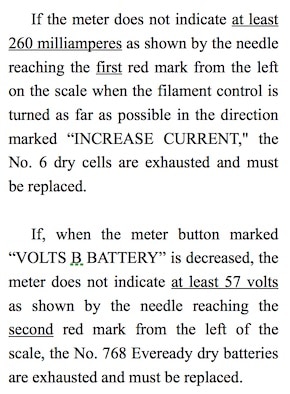BOSTON–Anna Gilmore Hall, executive director of the Hearing Loss Association of America (HLAA), contends that in failing to consider hearing loss as a substantial, catastrophic injury, One Fund Boston, the foundation created to help victims of the April 2013 Boston Marathon bombings, is discriminating against many of the runners and spectators who were severely injured in the terrorist attack.
In a letter sent June 17 to Lori van Dam, executive director of One Fund Boston, Hall wrote:
“HLAA believes that the protocol developed by the One Fund must reference hearing loss as a catastrophic injury.” She added that omission of hearing loss from its protocol “can be easily interpreted as blatantly discriminatory. Importantly, we believe that [this] omission has the strong potential to re-victimize persons whose hearing was harmed as a result of the bombing.”
At stake is a share of an additional $18 million that One Fund announced earlier this month would be distributed to victims of the Marathon bombings on top of the $61 million already disbursed. The April 15, 2013 bombings near the finish line of the Boston Marathon killed three people and injured more than 260 others.
SUPPORTERS GATHER IN BOSTON
Following up on Hall’s letter (which appears 0n the HLAA web site), members of HLAA’s board of trustees and the board of its Boston chapter took part in a June 20 news conference in Boston in support of victims who suffered significant hearing loss and tinnitus as a result of the bombings.These included runners and friends whose arms and legs are intact, but whose hearing is permanently damaged. These victims say that One Fund Boston has failed to recognize the serious nature of hearing loss, tinnitus, and mental health issues.
HLAA argued that people who suffered serious hearing loss at the Boston bombing should not be dismissed as requiring less support than people with obvious physical injuries. Yet, said HLAA,in setting up a protocol for distributing the additional funds, One Fund Boston focused on physical disabilities, such as lost limbs. For head injuries, One Fund Boston determined that “innovative programming would be a better way to facilitate meaningful long-term assistance.” That, said HLAA, “is a flawed analysis of the impact of hearing loss, and a flawed delivery plan for services.”
“INADEQUATE” PROPOSAL
In her letter to One Fund Boston, HLAA Director Hall said, “We find the proposal for ‘innovative programs’ inadequate at best. It is hard to imagine any program for people with hearing loss actually happening. In most parts of the country, there is a weak record of implementation of evidence-based rehabilitative audiology practices–especially essential for this population. We have yet to see a program providing rehabilitation that also provides hearing aids or cochlear implants.”
Anna Gilmore Hall also pointed out to One Fund’s director, “There is a significant body of literature substantiating the direct and long-term negative impact of hearing loss, including elevated levels of social isolation and depression, loss of work, as well as links to stress-related diseases such as diabetes and heart disease, to balance disorders and falling, and to dementia.”
She added, “HLAA is working to engage a group of hearing health care professionals who can independently evaluate the hearing loss sustained by each of the victims. These professionals would supply a report as to the nature and extent of each victim’s hearing loss, including how it will impact them in their daily functioning and what if any treatment options are available.”
The HLAA leader concluded, “In sum, the protocol as it currently written omits hearing loss as a substantial, catastrophic injury, and, as such, is discriminatory. It is our strong assertion that hearing loss must be included in the protocol.”
SUPPORT FROM BOSTON LAWYERS
Last Friday’s news conference on the issue was organized by the Massachusetts Bar Association, which expressed concern over how the One Fund Boston was distributing financial aid to survivors of the Marathon bombings. The lawyers group is supporting the efforts of people who suffered “invisible” damage in the bombings, such as hearing loss and head injuries, to receive as much recognition from One Fund as those with more visible injuries.









This is clearly an oversight which can and must be corrected. Hearing loss is devastating and must not be minimized.